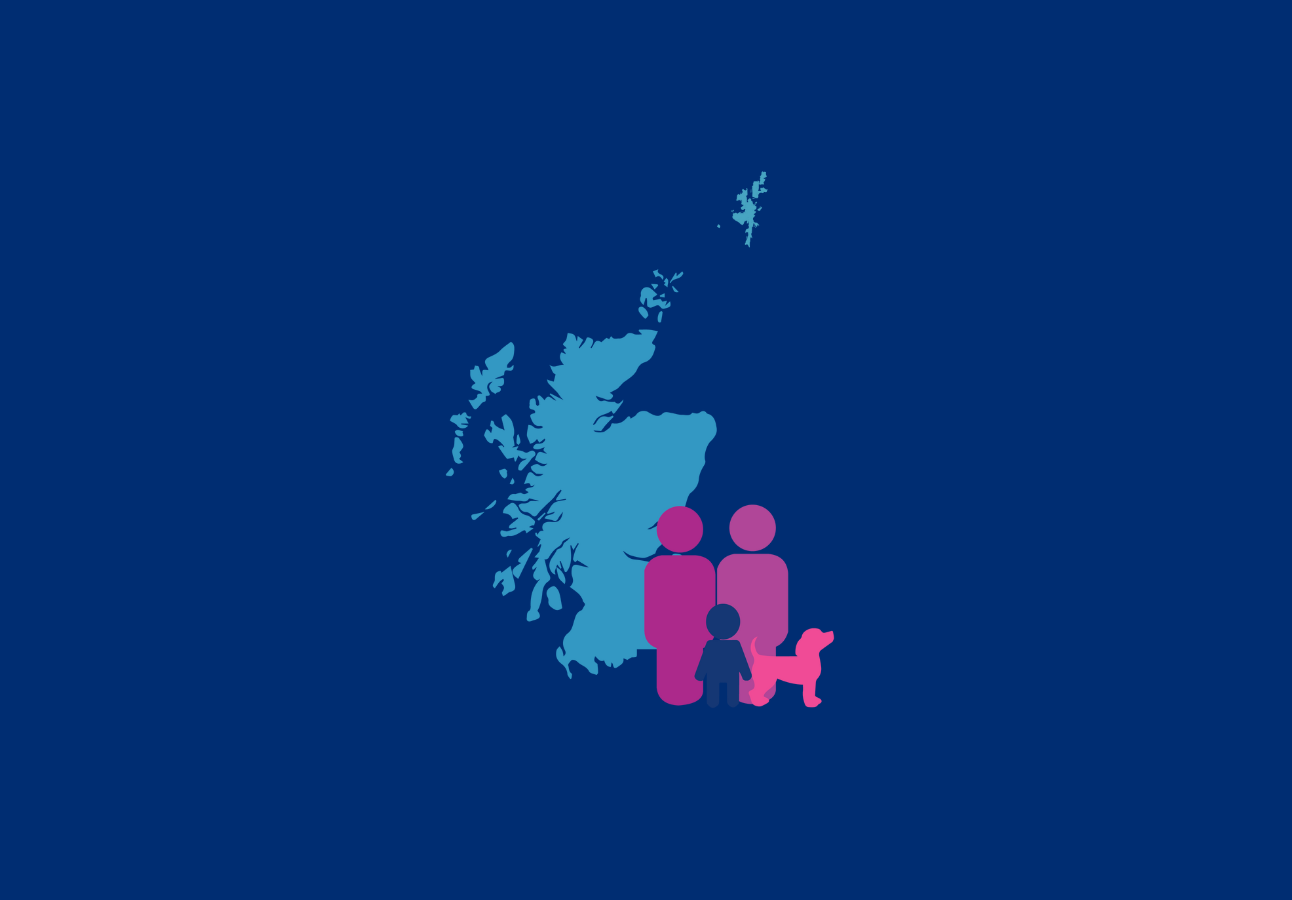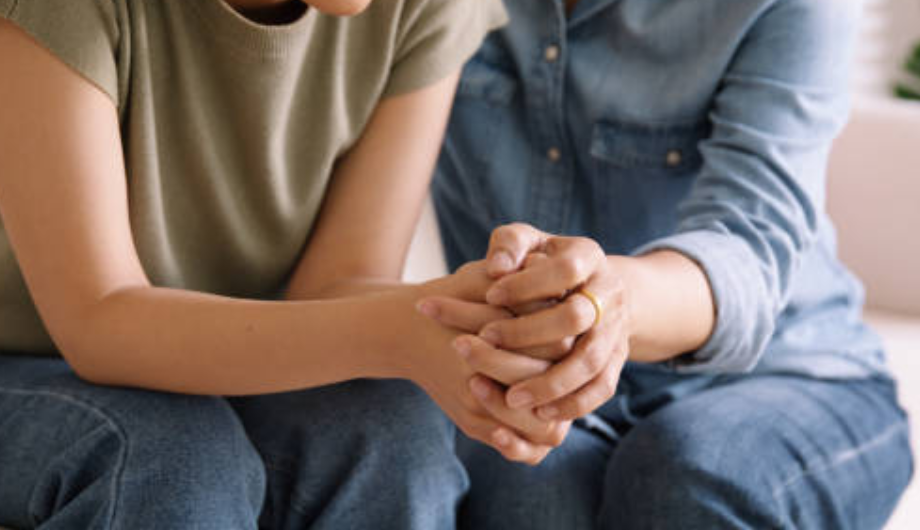For victims and survivors who were engaging with the civil or criminal justice system, the financial considerations of domestic abuse can directly impact on their ability to access justice for themselves and their children. Financial considerations include employment and the risk of losing it, as well as the use of leave, paid or otherwise, to access safety, justice and recovery. SafeLives staff discussed this with Gloucester MP Alex McIntyre in 2024 at the Labour Party Conference. In January 2025 he introduced the Domestic Abuse (Safe Leave) Bill in the House of Commons, calling for the right to 10 days paid leave for victims to help them find a place of safety and attend appointments such as police interviews or GP support.
The financial repercussions of domestic abuse extend beyond struggling to survive or the immediacy of leaving an abusive relationship. The financial impacts on victims and survivors longer-term are extensive and far more is needed to ensure specific institutions, services and employers as well as wider society can recognise and respond to victims of abuse experiencing financial issues long after abuse may have ended. As highlighted in this piece, written by an anonymous member of Scottish Women’s Aid’s Survivor Group, ‘the cost of leaving’ an abusive relationship can take many forms.
SafeLives’ partnership with NatWest on The Circle Fund provides fast, flexible and impactful grants of up to £500 to answer individual needs. Designed by services and survivors, the Circle Fund is delivered via a network of frontline services with services given autonomy to issue individual grants to survivors within 24-48 hours. In this way, the Circle Fund ensures domestic abuse survivors are supported in the right way, at the right time for them. In January 2024 the fund was renewed for a further three years with a £1m donation from NatWest.
If you are unsure if you are experiencing economic abuse, the Post Separation Economic Power and Control Wheel details acts and behaviours which abusers may use.
Where can I get help?
Scotland’s Domestic Abuse and Forced Marriage Helpline is available 24 hours a day, 7 days a week.
- Call: 0800 027 1234
- Text/WhatsApp: 07401288595
- Email: [email protected]
- Webchat: on the website
Surviving Economic Abuse have practical guidance on dealing with economic abuse.
Scottish Women’s Rights Centre have created Scottish guidance on dealing with economic abuse and other legal rights related to domestic abuse.



